Entry Category: Education - Starting with B
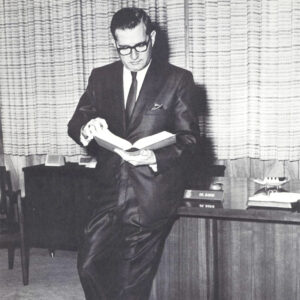 Claude Babin
Claude Babin
Baby of Arts Degree
Baerg, William J.
 Bailey Center
Bailey Center
Baker, Virgil Lyle
Bales, James David
aka: J. D. Bales
Banks, James Albert
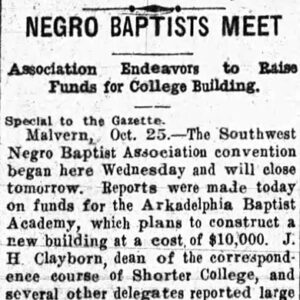 Baptist Academy Article
Baptist Academy Article
 Baptist Health College
Baptist Health College
 Baptist Health College
Baptist Health College
Baptist Health College Little Rock
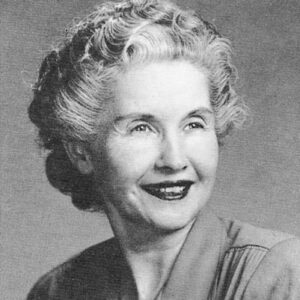 Sudie Barnett
Sudie Barnett
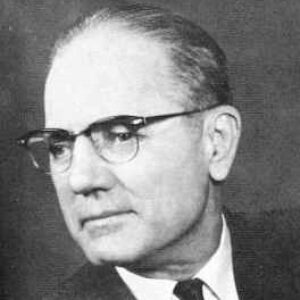 John Barnhill
John Barnhill
Bartell, Fred Wallace
Barton, Dorothy Yarnell
Bates School House
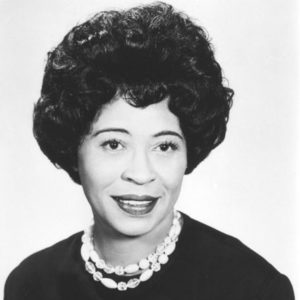 Daisy Bates
Daisy Bates
Bates, Daisy Lee Gatson
Beals, Melba Pattillo
Beauvoir College
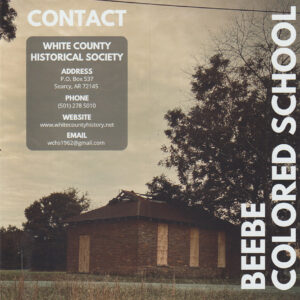 Beebe Colored School Brochure
Beebe Colored School Brochure
Beebe Colored School
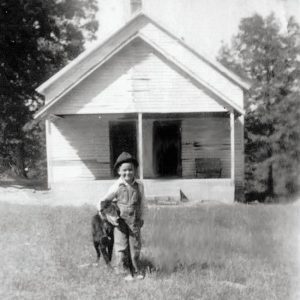 Bell Grove School
Bell Grove School
Bell, Clarence Elmo
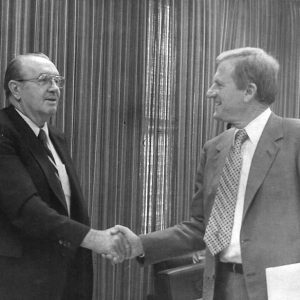 Clarence Bell and Frank Broyles
Clarence Bell and Frank Broyles
 Belleville School
Belleville School
Bennett, Henry Garland
Benson, George Stuart
Bentley, Edwin
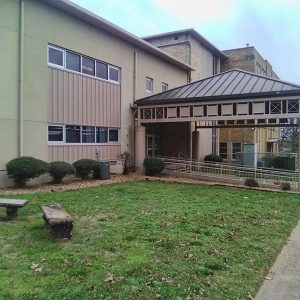 Benton Campus
Benton Campus
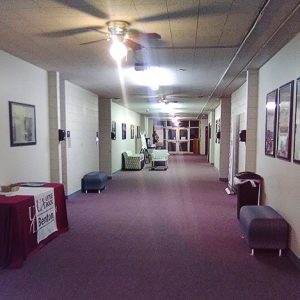 Benton Campus Interior
Benton Campus Interior
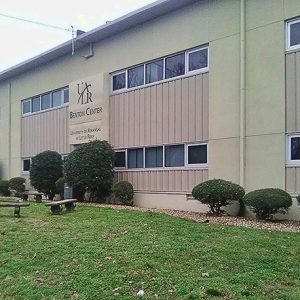 Benton Center
Benton Center
Bentonville College
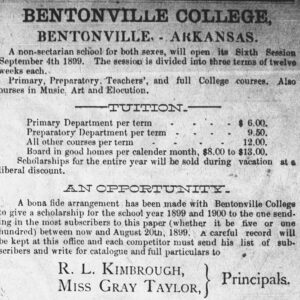 Bentonville College Ad
Bentonville College Ad
Bentonville Schools, Desegregation of
Berry, Daisilee Hutchins
Billingsley, Edward Baxter
Black River Technical College
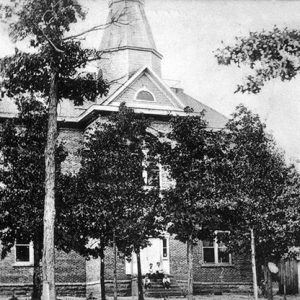 Black Rock School
Black Rock School
Blair, Diane Frances Divers Kincaid
Blake, Estelle McMillan
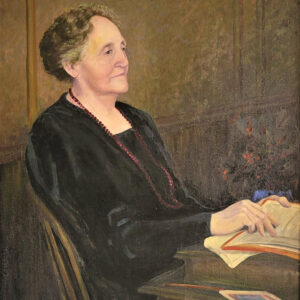 Estelle McMillan Blake
Estelle McMillan Blake
Blossom, Virgil Tracy
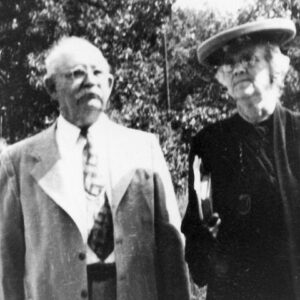 Benjamin Bogard
Benjamin Bogard
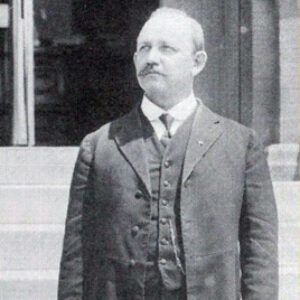 Benjamin Bogard
Benjamin Bogard
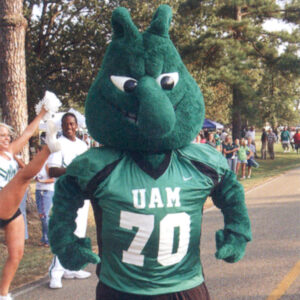 Boll Weevil Mascot
Boll Weevil Mascot
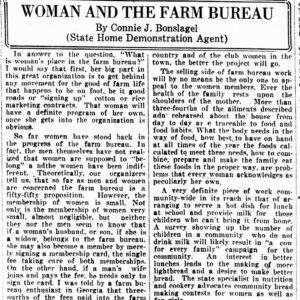 Connie Bonslagel Editorial
Connie Bonslagel Editorial
 Connie Bonslagel Article
Connie Bonslagel Article




